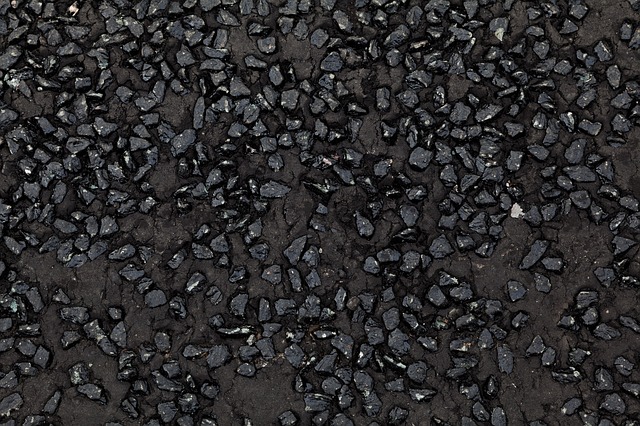2017-04-26
Asphalt Sealcoating

Benefits of Sealcoating
Whether you are a homeowner, Realtor, or a corporate entity, the benefits of a well-maintained drive or parking lot in setting the right tone for your guests or potential clients cannot be gainsaid. To safeguard your considerable investment and keep your asphalt driveway or parking lot looking great for a long time there are two main of options open to you, asphalt paving and asphalt sealcoating. While the former may involve overlaying or replacing the pavement entirely and is, therefore, likely to be expensive, it is not always necessary. Mike Berrey from Asphalt Paving Nashville shares with us a lot of good information about asphalt paving.
Sealcoating is an inexpensive and less time-consuming way to extend the lifespan of your drive or parking lot and to maintain its beauty.
Simply put, asphalt sealcoating is the application of a special liquid coating over existing asphalt surfaces primarily in order to protect them from the ravages of the elements, thereby extending their lifespan and preserving their aesthetic value. This coating can be refined coal tar-based or asphalt based, each of which has its niche and its respective pros and cons.

How does it work?
The applied sealer acts as a protective barrier, slowing down the inescapable deterioration of asphalt caused by exposure to air and the sun’s rays, limits the penetration of oil and gas spillages into the bitumen, and also acts as a filler, sealing the minuscule cracks caused by weather and normal usage of the driveway or parking lot, thereby preventing or slowing down water damage. However, the extent to which the above benefits are realized is largely dependent upon the state in which the sealcoated surface was before it was treated. That is, an asphalt surface which was poorly constructed, or is badly degraded (has large cracks, potholes,e.t.c), is not a prime candidate for sealcoating. This is because asphalt sealcoating is a preventive maintenance measure and not a cure-all. In fact, applying a seal coat on a badly damaged surface or one whose construction is unsound (due to faulty design, technique or substandard materials) can actually aggravate things by accentuating cracks and even degrading the anti-skid qualities essential to any surface intended for wheeled or human traffic.
It is, therefore, necessary that the preexisting asphalt surface is in good condition and any cracks, ruts, and potholes repaired before sealcoating. In addition, the surface has to be thoroughly cleaned to remove loose gravel and other debris which might otherwise interfere with the sealant’s ability to bind to it, and any oil stains treated with a suitable primer to prevent them from showing through the protective layer once it is applied.
Technology
The technology behind asphalt parking lot sealcoating has advanced greatly over the years since the early 50s when refined coal tar was first used to seal asphalt pavements, through the introduction of asphalt sealcoats in the 80s to the present time. Whatever option is best suited to your specific needs, sealcoating serves as a preventive measure against damage caused by oil or gas spillage, harmful UV rays, cracks resulting from the expansion and contraction of the surface due to temperature changes, and even the normal wear-and-tear of wheeled and foot traffic on asphalt. You can then sit back and enjoy the beauty and elegance of your well-maintained parking lot.
If you have any questions please contact us or contact Mike over at http://www.asphaltpavingnashville.com/
